I’m writing this on my last day in Mexico City, having accompanied my 18-year-old daughter here for the first week of a six-month stay. She’s hoping to become fluent in Spanish before embarking on a degree in languages in September. My mission was to help her find a flat in a nice part of town and a job so she can support herself, and between us we just about managed it, thanks to the help of the local expat community. Mexico City reminded me of being in New York in the mid-1990s, where being British and having the modern-day equivalent of letters of introduction meant an entire social network opened up before you.
When I told people in London of my daughter’s plans, the standard response was open-mouthed astonishment, followed by a lot of finger-wagging about what an irresponsible parent I am. But the truth is the Mexican capital is a relatively prosperous, global city and she’s no more likely to be mugged here than in Acton. Outside the metropolis, however, it’s a different story, as I quickly learned from some of the journalists I met.
According to Ioan Grillo, a New York Times contributor and author of Blood Gun Money: How America Arms Gangs and Cartels, Mexico is the most dangerous place in the world for a journalist to work that isn’t a war zone. ‘At least, not officially a war zone,’ he added, pointing out that 100 people are murdered every day and the number who have ‘disappeared’ is approaching 100,000.
Most of the foreign correspondents I bumped into were up in arms about the recent behaviour of the president, Andrés Manuel López Obrador, known as AMLO. Since he was elected in 2018, this left-wing populist and friend of Jeremy Corbyn has done little to conceal his dislike for journalists, regularly castigating them for peddling ‘fake news’. This open contempt for the Fourth Estate would be worrying in any Latin American head of state, but it’s particularly so in Mexico because more than 150 journalists have been killed since 2000. Yet AMLO’s hostility towards the media has spilled over into something even more sinister in the past couple of weeks.
The saga began when an investigative journalist, Carlos Loret de Mola, broke a story about the President’s 41-year-old son. According to this reporter, in 2019 and 2020 the son and his wife lived in a mansion in Texas owned by an executive at Baker Hughes, an oil company that has several lucrative contracts with the Mexican government. This was acutely embarrassing for AMLO, who has spent years cultivating his persona as an anti-corruption zealot and frugal man of the people. He has no bank account, flies economy and is fond of buying tacos on street corners. Soon after taking office, he converted the presidential mansion into a public museum and cut his own pay by 60 per cent. Like a caricature of a hairshirt leftist, he has admonished people for wanting to own more than a single pair of shoes or have a credit card. Yet now it emerges that his son drives a $70,000 white Mercedes.
In retaliation, he held a press conference at which he revealed confidential information about the reporter’s income, apparently gleaned from the finance ministry, and hinted that he was in the pay of ‘neo-liberal’ foreign interests. After all, how else could Carlos Mola possibly have earned 16 times more than El Presidente in the past year? ‘Do you think this is because he’s a high-flying, very intelligent journalist, a good writer?’ he asked. ‘No! It’s because of his hatchet jobs!’ This disclosure was a breach of privacy and quite possibly illegal, but the President was desperate to discredit the story.
However, it isn’t just the smearing of a colleague that has inflamed the local press corps. It was the fact that the briefing was held a day after the murder of Heber López, director of a news website and the fifth journalist to be killed in Mexico this year. It was as if AMLO, instead of condemning this murder, was declaring open season on yet another pesky reporter. Shortly after the press conference, Mola said his life was now in danger.
Such are the perils of being a journalist in Mexico — and I note with some pride that the British ambassador, almost alone among local diplomats, has spoken up in defence of press freedom. As several of the hacks pointed out, it puts the furore about ‘cancel culture’ in Britain and America into some perspective. In Mexico, worse fates can befall a controversial columnist than being targeted by an outrage mob on Twitter.
Got something to add? Join the discussion and comment below.
Get 10 issues for just $10
Subscribe to The Spectator Australia today for the next 10 magazine issues, plus full online access, for just $10.
You might disagree with half of it, but you’ll enjoy reading all of it. Try your first month for free, then just $2 a week for the remainder of your first year.


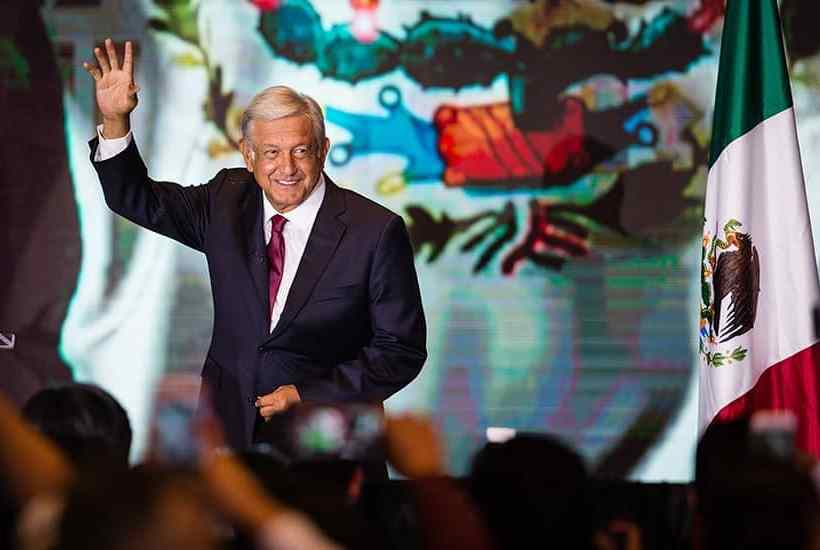

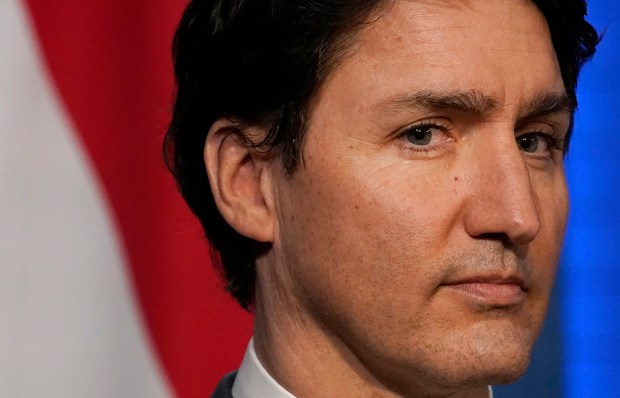
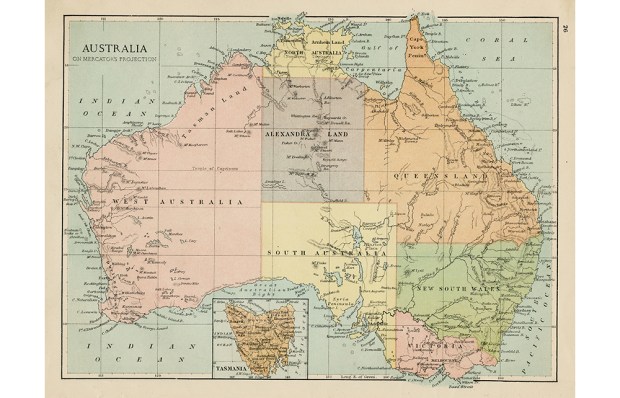
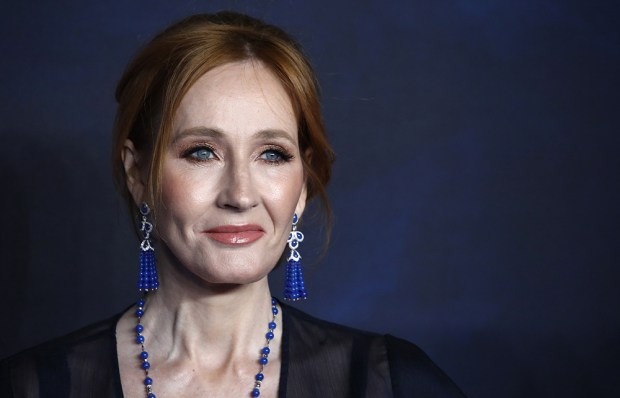
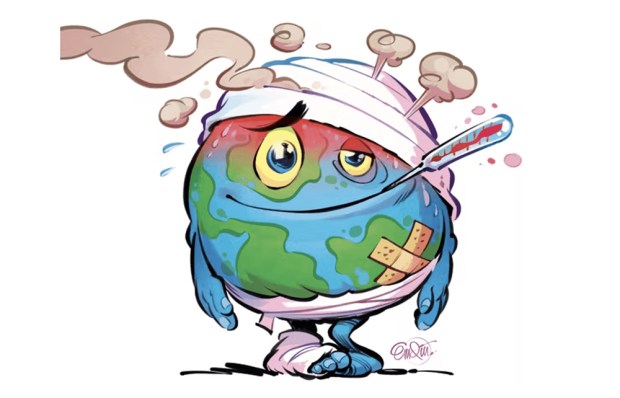
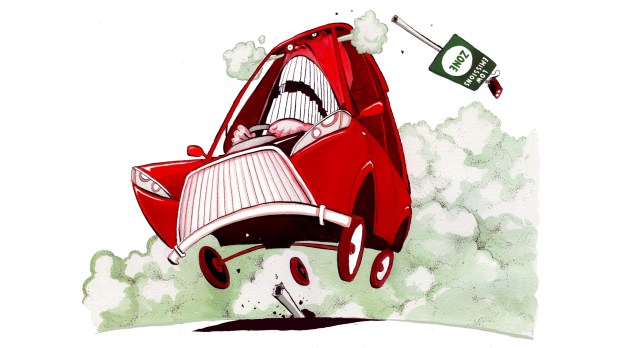






Comments
Don't miss out
Join the conversation with other Spectator Australia readers. Subscribe to leave a comment.
SUBSCRIBEAlready a subscriber? Log in